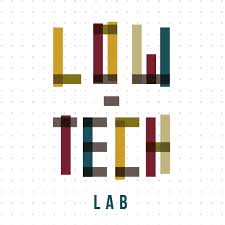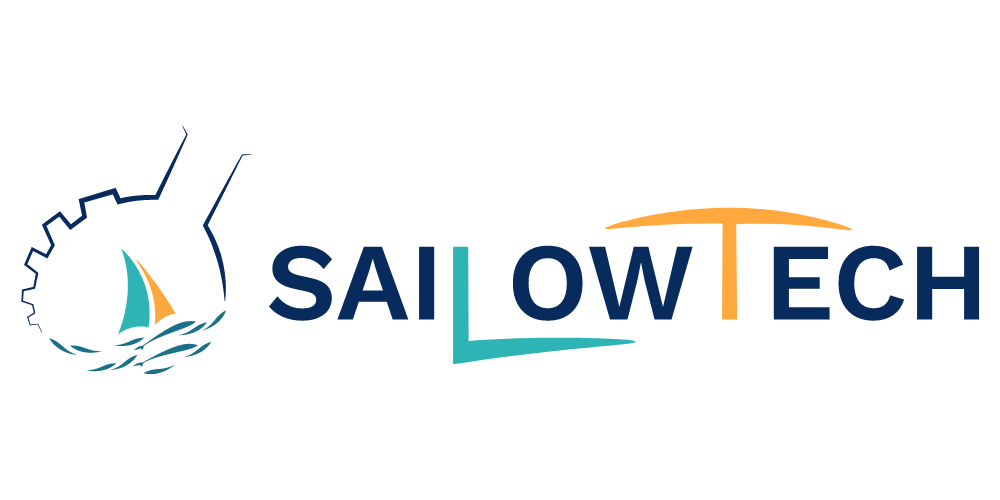Low-Tech
Les grands principes Low-Tech
Utile – Accessible – Durable
Durabilité forte
- Faire plus avec moins.
- Viser une grande simplicité technologique pour assurer les besoins avec fiabilité.
- Minimiser la consommation d’énergie et de ressources
- Présenter une viabilité technique fonctionnelle écologique et humaine maximale à court, moyen et long terme.
Résilience collective
- Rendre accessible la maintenance des outils par les utilisateur.ices avec des pièces et matériaux standards.
- Offrir une simplicité d’utilisation.
- Utiliser des ressources exploitées et transformées le plus localement possible
Transmission culturelle
- Faciliter l’appropriation par le plus grand nombre.
- Favoriser le partage du savoir et la coopération et la solidarité.
- Éveiller les consciences et décomplexifier la société au niveau socio-économique à partir d’une réflexion sur ses besoins et ses vulnérabilités
Comment cela se reflète-t-il dans Sailowtech ?
Sciences
Sensibilisation
Expédition
Projets de semestre
Nous rapprochons les futur·e·s ingénieur·e·s de la science de terrain en les impliquant dans la validation d’instruments scientifiques frugaux et dans la récolte et l’analyse de données aquatiques pour encourager une science plus accessible, responsable et solidaire.
Evénements & Education
Nous promouvons la préservation des écosystèmes aquatiques par des explications simples, positives et réalistes des connaissances océaniques et par une mise en lumière des merveilles marines à travers des ateliers éducatifs, des conférences et des évènements.
Modèle d'expédition
Nous organisons des expéditions scientifiques et éducatives en voilier qui visent à minimiser leurs impacts environnementaux et à permettre un échange lors des escales avec les populations locales dans le respect de l’interculturalité.

Nous souhaitons encourager la transparence et transmission des connaissances au plus grand nombre conformément au principe d’Open Science. Découvrez les fiches de nos projets Low-tech !

Notre source est l’infographie de Arthur Keller et Emilien Bournigal, vous pouvez la retrouver ici, merci à eux ! Par ailleurs, vous pouvez en apprendre davantage sur la philosophie Low-tech sur le site du Low-Tech Lab.
